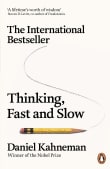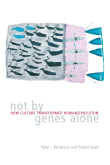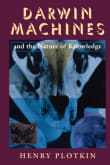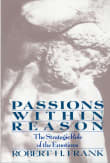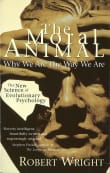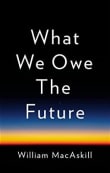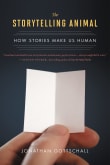Unto Others
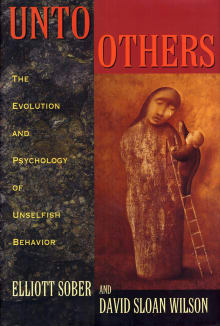
Book description
No matter what we do, however kind or generous our deeds may seem, a hidden motive of selfishness lurks--or so science has claimed for years. This book, whose publication promises to be a major scientific event, tells us differently. In Unto Others philosopher Elliott Sober and biologist David Sloan Wilson…
Why read it?
3 authors picked Unto Others as one of their favorite books. Why do they recommend it?

As a psychologist, I marveled at the integration of ideas from psychology and evolutionary biology (with some philosophy thrown in) about the evolution of morality presented by the biologist D.S. Wilson and the philosopher Elliott Sober.
Unto Others is a bold book that challenges the pervasive position in biology that moral traits cannot evolve through group selection. Using examples from several species, these authors explain how competitions in which altruistic groups defeat selfish groups can select for altruistic traits even though selfish individuals within these groups fare better than altruistic individuals.
I admired the courage of these authors to go…
From Dennis' list on how we became a moral animal.

For a long time the social sciences behaved as if evolutionary theory stopped at the threshold of human society; that it could tell us something interesting about animals up to higher apes but when it came to humans, our minds were a tabula rasa (a blank slate).
As we now know all too well, this is incorrect.
Our minds have been shaped by the same evolutionary forces that apply to others. This in turn leads to the question: how would moral sentiments such as altruism or cooperation survive? Will such altruists not be vulnerable to exploitation by free-riders who would…
From Ananish's list on emotions and economic decisions.

In his bestselling book on The Selfish Gene, Richard Dawkins saw genes as the key drivers of evolution. Dawkins rejected the idea that groups were objects of selection in human evolution. Instead, his focus was on the “selfish” struggle of the gene to survive and replicate. Elliott Sober and David Sloan Wilson show clearly and convincingly where Dawkins went wrong. In human societies, evolutionary selection operates on multiple levels, including groups and individuals. Human groups are adaptive units. Individuals depend on themselves and on others to survive. Consequently, group adaptations such as altruism, morality, and cooperation can bestow survival…
From Geoffrey's list on the seismic implications of Darwinism for social science.
If you love Unto Others...
Want books like Unto Others?
Our community of 12,000+ authors has personally recommended 100 books like Unto Others.


